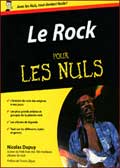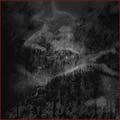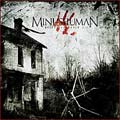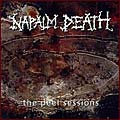ANGRA (br) - Rebirth (2001)
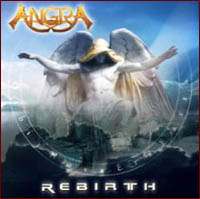
Label : NTS / Wagram Music
Sortie du Scud : 13 novembre 2001
Pays : Brésil
Genre : Speed Metal Mélodique
Type : Album
Playtime : 10 Titres - 52 Mins
Continuer à faire vivre Angra après le départ de trois de ses membres était certes un pari, brillamment relevé avec ce premier album du nouveau line-up, j’ai nommé Rebirth. Tous les éléments qui ont fait le succès d’un Angels Cry sont à nouveau réunis : influences classiques et liturgiques magnifiquement réinterprétées, rythmes brésiliens, guitares rapides aux solos impeccables, mélodies efficaces, variées et complexes, arrangements précis, production soignée.
La voix d’Edu Falaschi, bien que très différente de celle du précédent chanteur, plus basse et plus agressive, moins pure en un sens mais plus contrastée, est en accord parfait avec le style Angra. Voilà donc une très bonne recrue pour le groupe. Il est par contre plus difficile de se prononcer ici sur le choix des nouveaux batteur et bassiste. Il est en effet évident qu’en sortant Rebirth, nos Brésiliens ont avant tout voulu rassurer les fans. D’où un album quelque peu contraint, surtout au regard de leur opus suivant, le grandiose Temple of Shadows.
Reste que l’album s’ouvre sur une véritable killer intro « In Excelsis – Nova Era », rapide et aérienne, parfaite pour démarrer sa journée en fanfare. On est aux cieux avec les anges (un thème qui porte décidément chance au groupe). Puis démarre, très douce, « Millenium Sun », voix profonde et chaude sur piano, auquel vient se rajouter un violon pour monter en puissance et exploser en un beau feu d’artifice. Vient alors la magnifique intro en latin d’ « Acid Rain », un titre efficace et assez direct, même si les orchestrations sont toujours très travaillées, pour notre plus grand bonheur. Encore une belle intro, mélodieuse, calme et… trompeuse pour la bien connue « Heroes of Sand », puis la très brésilienne « Unholy Wars », un titre en deux parties, puissant et qui n’est pas sans rappeler « Never Understand » d’Angels Cry, et nous atteignons l’apogée de Rebirth avec son titre éponyme. « Rebirth » est un hymne splendide, plein d’émotion, profond et à l’atmosphère quasi palpable. Les backings vocaux, notamment, vous font courir des frissons dans l’échine.
Malheureusement tout cela s’essouffle un peu et les titres suivants, bien que bons, ne valent pas vraiment la peine d’être mentionnés. Les 7 premiers titres à eux seuls valent cependant largement l’achat de l’album. Voilà une renaissance fort réussie. Angra est mort, vive Angra !
Ajouté : Lundi 31 Janvier 2005
Chroniqueur : Kandra
Score :    
Lien en relation: Angra Website
Hits: 12325
|



